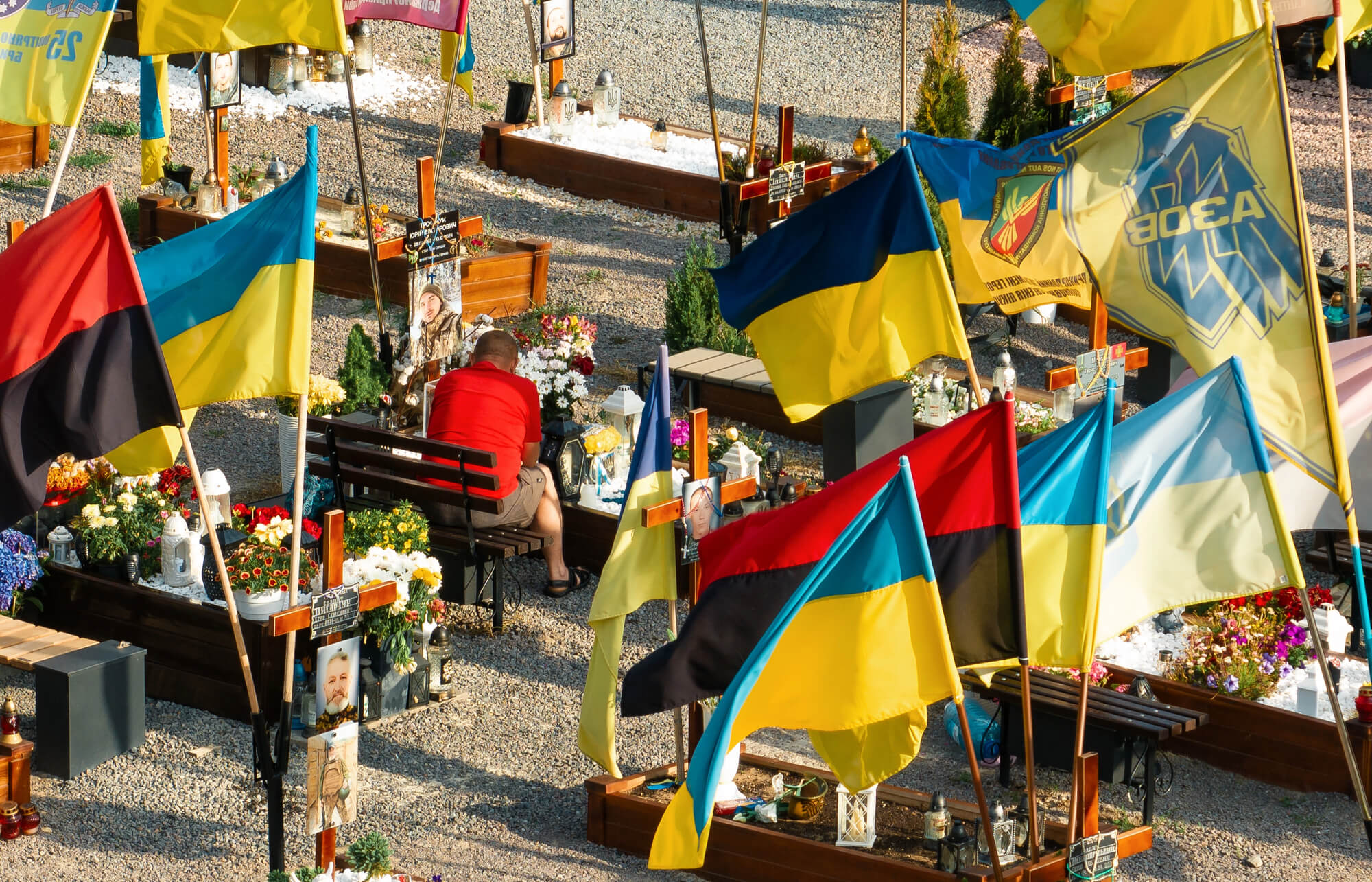As the Russian invasion of Ukraine enters its tenth week, the conflict continues with no end in sight. Numerous Ukrainian and Russian soldiers have been killed, thousands of Ukrainian citizens have perished, and millions are displaced. Despite these catastrophes, many companies continue to work in Russia, caring more about their profits than reputation. Government action is needed to hurry up those who are still hesitant to exit from Russia.
The international community responded quickly to Russia’s illegal incursion. The West imposed several packages of economic sanctions on Russia, arresting Russian central bank assets, removing some Russian banks from the SWIFT system, and limiting trade with Russia. The Russian Federation was suspended from numerous international organizations. A few dozen oligarchs and Russian politicians have had their assets frozen or seized. Numerous Russian diplomats were expelled from Western countries. Russian aircraft and ships have been banned from certain Western countries. Finally, hundreds of companies withdrew or suspended their services in Russia due to the war. All this has forced Russia to default on its foreign debt.
Despite the penalties enforced by the international community, Russia continues its illegal invasion. It is enabled not only by continued trade of oil and gas but also by numerous businesses that remain in Russia. Over 300 major international companies continue to operate in the Russian Federation, thus diluting the effectiveness of the sanctions imposed by the international community.
Who are these companies? What goods and services do they produce?
Yale University has been tracking the responses of major corporations since the start of the second Russian invasion of Ukraine on February 24 by observing their public statements and web-sites. As of May 3, there are over 1,100 major international companies listed. These findings are updated regularly, and they are posted on Yale’s website. Companies that have completely withdrawn from the Russian Federation are categorized into “Grade A,” while businesses that continue to operate without any changes have been placed into “Grade F.” (figure 1).
Figure 1. Distribution of businesses by industries and grades
Source: Yale monitor.
Note: Group A means Clean Break - Surgical Removal, Resection; B means Keeping Options Open for Return; C - Reducing Current Operations, D - Holding Off New Investments/ Development; F - Companies that are just continuing business-as-usual in Russia.
According to Yale’s classification, Grade F companies continue to defy demands to leave the country and have not reduced their activities. 183 major international companies are in this category. 115 of these businesses hail from Europe or the United States. 60 of these companies (40 of which are from Europe and the US) specialize in industrial goods, meaning they are affiliated with manufacturing or construction. Firms specializing in healthcare, energy, and real estate are the most reluctant to leave, followed by producers of materials and consumer staples. Together these firms make up 36% of Grade F companies. Popular businesses categorized in Yale’s Grade F were Auchan, Metro, Acer, Aalberts Industries, Asus, Lenovo, and Raiffeisen Bank.
Category D companies score somewhat better - they have held off on “new investments and developments” in Russia, but they are still “continuing substantive business.” This category includes 143 businesses, 137 of which hail from Europe and the United States. They are primarily involved in health care, consumer staples, energy, and utilities. These firms make up 51% of the total list of Grade D companies. Popular companies in this category include General Mills, GSK, Abbott, Hilton, Hyatt, Intercontinental, Johnson & Johnson, Marriott, Nestlé, Pfizer, and Subway.
According to the Yale findings, over 300 well-known companies are categorized in Grade F and Grade D, totaling 29% of Yale’s total list. This means that billions of dollars are still being circulated in Russia. The decision of these companies to operate in Russia means that they are undermining the effectiveness of Western sanctions as these companies are helping stimulate the Russian economy. By operating in the Russian Federation, these businesses are indirectly financing Russian aggression. Moreover, they are implicitly saying that it is OK to invade and commit atrocities in other countries.
If these Western companies do not stop their business in Russia, then perhaps their governments should intervene. During a recent press conference, U.S. Secretary of Defense Lloyd J. Austin III stated that his country was exploring ways to weaken Russia given the invasion of Ukraine. British Secretary of State for Foreign, Commonwealth, and Development Affairs Liz Truss echoed similar sentiments. The tightening of sanctions suggests that the West now recognizes the existential threat that Russia presents to the globe. To eliminate this threat and stop the war, everyone must do their part. For example, overwhelming government-imposed sanctions would see the revenues of foreign companies shrink in the Russian market.
Given the death and destruction caused by Russia’s unnecessary and unprovoked war in Ukraine, these international companies have a moral and ethical obligation to end their operations in Russia. Continuing their work in Russia would imply that they do not regard the loss of life in Ukraine, and that they are content with financing Russia’s illegal war. If these companies do not willingly leave, then Western governments could ban them from operating in Russia, either directly or indirectly (for example, the governments could impose surcharges on these companies’ revenues). A government decision of this kind would result in fewer losses incurred by these corporations, since it would forcefully end any contractual obligations with Russia and thus would release them from the Russian market.
Overall, Russia’s second invasion of Ukraine has been catastrophic. The Russian Federation must be punished to the fullest extent, and it must be stopped. The international community should implement stiff penalties on Russia. As a part of this community, international corporations should end their business in Russia, thus helping hinder the Russian economy leaving it with less money to finance the war. This will make the end of the war closer and help save thousands of lives.
Mark Temnycky is an accredited freelance journalist covering Eastern Europe and a nonresident fellow at the Atlantic Council’s Eurasia Center.
Figure 2. Businesses that stayed or left by country
Source: Yale monitor.
Note: colors on the map show the average score of a country calculated as the sum of the number of companies in each grade multiplied by scores of grade (A=5, B=4 etc.) divided by total number of companies from that country present in Russia. Data signatures show Country name; Number of companies from that country in Russia; Country average score. The higher the score - the higher share of companies from that country exited Russia.
Attention
The author doesn`t work for, consult to, own shares in or receive funding from any company or organization that would benefit from this article, and have no relevant affiliations


